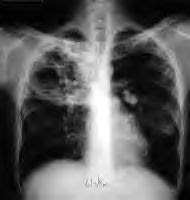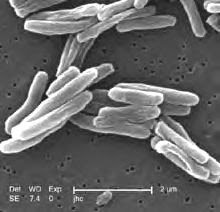Fluoroquinolone antibiotics are relatively new drugs in anti-tuberculosis (TB) treatment, with the potential to become the first new class of drugs to be recommended for routine treatment since rifamycins in the 1960s. Later generation fluoroquinolones, including levofloxacin, gatifloxacin, and moxifloxacin have been found to be safe and well-tolerated in observational studies and phase 2 clinical trials, except for a risk of severe dysglycemias with gatifloxacin. These drugs currently are used as second-line agents in treatment of TB cases with drug resistance and drug intolerance, and empirically in treatment of infected contacts of patients with multi-drug resistant TB. Widespread use of fluoroquinolones for treatment of community acquired pneumonia and other bacterial infections is leading to the emergence and spread of strains of Mycobacterium tuberculosis that are fluoroquinolone-resistant, putting at risk the potential effectiveness of these drugs against TB. Clinical trials are under way to determine whether fluoroquinolone-based treatment regimens can shorten the duration of TB therapy. The ultimate contributions of fluoroquinolones to TB control remain to be determined.
http://www.la-press.com/pulmonary-tuberculosis-focus-on-the-fluoroquinolones-a1986
WHAT'S NEW IN TUBERCULOSIS
Tuesday, 20 April 2010
Fluoroquinolones as first line therapy
Subscribe to:
Post Comments (Atom)





No comments:
Post a Comment